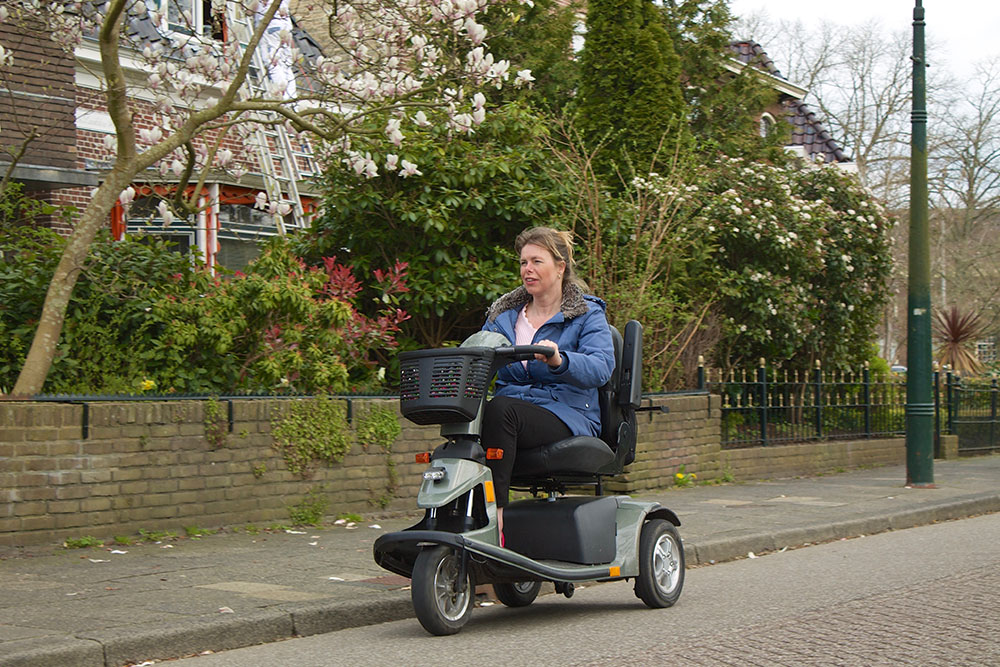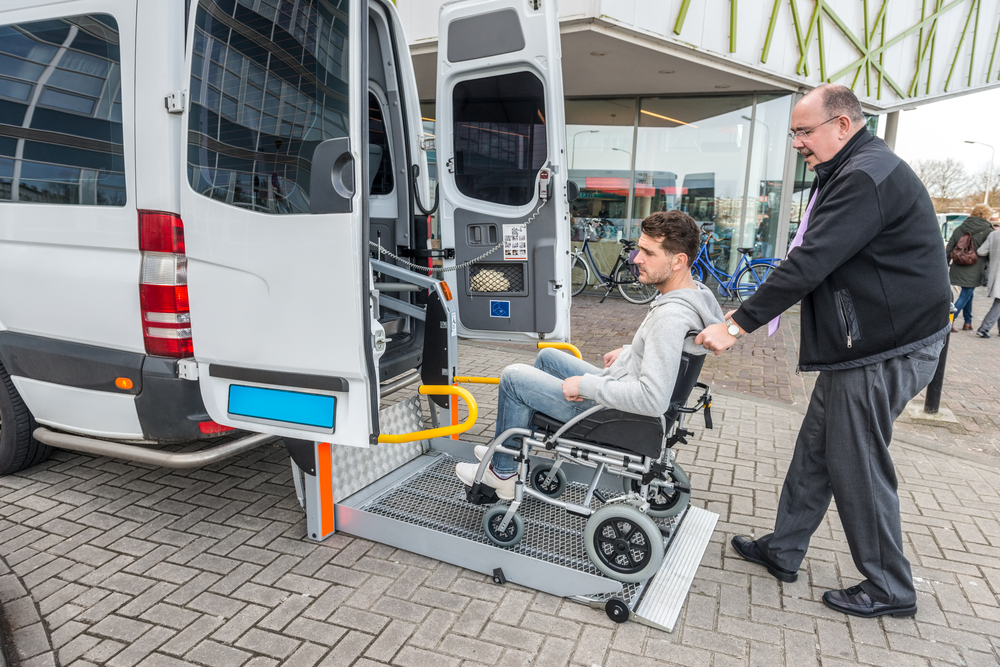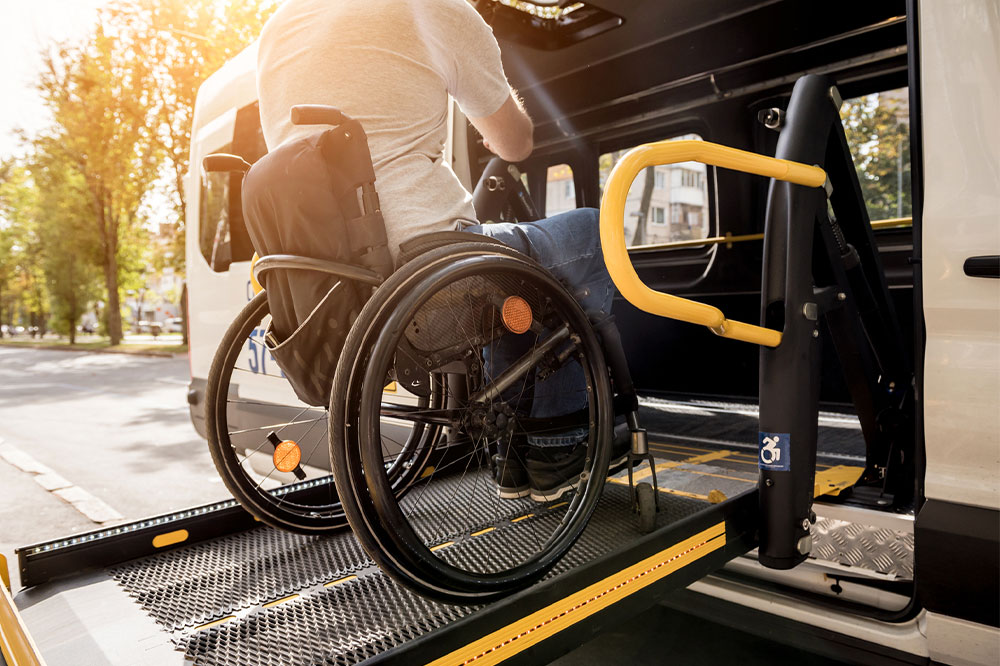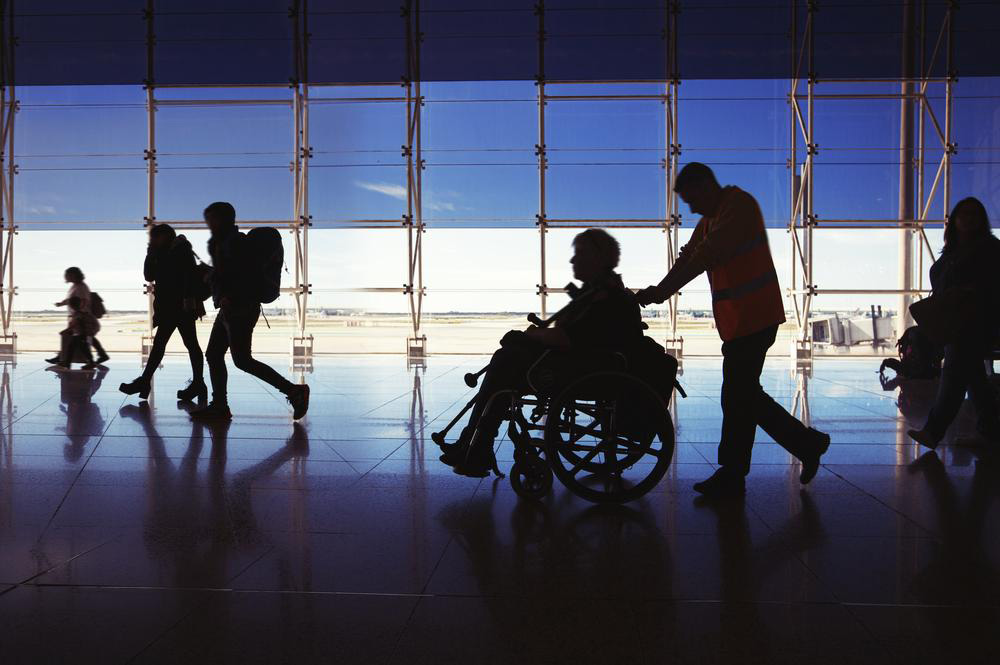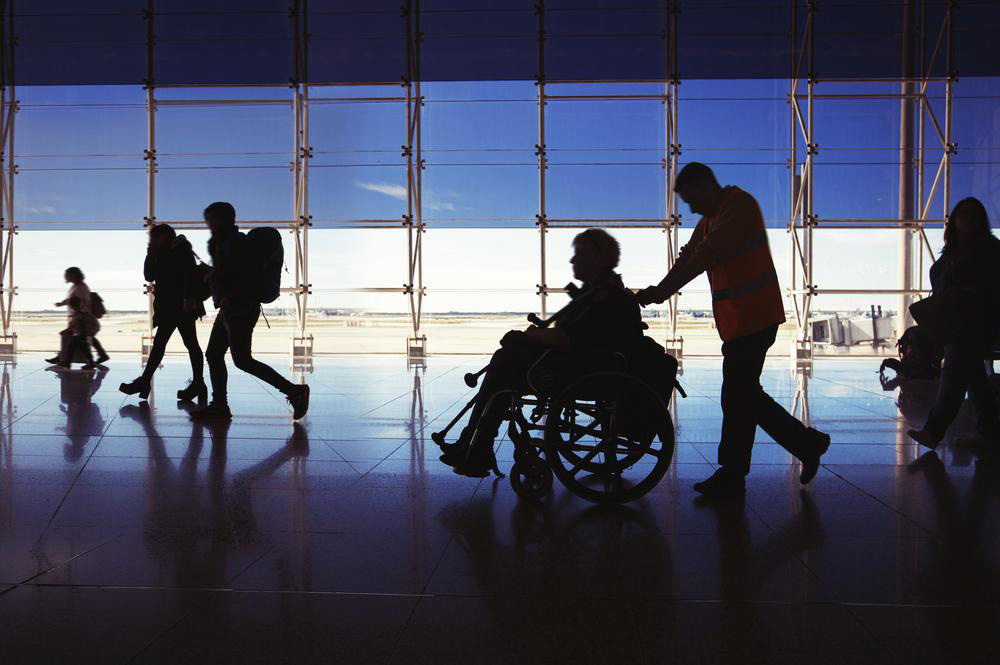Comprehensive Guide to Accessible Travel for Travelers with Special Needs
This comprehensive guide offers essential tips for travelers with special needs, emphasizing early planning, specialized support, healthcare research, and accessible transportation arrangements. Designed to enhance safety and convenience, it ensures that travelers can enjoy smooth, stress-free journeys tailored to their unique accessibility requirements. From working with experienced agencies to preparing emergency contacts, these strategies help make travel more accessible and enjoyable for everyone seeking adventure and exploration without barriers.
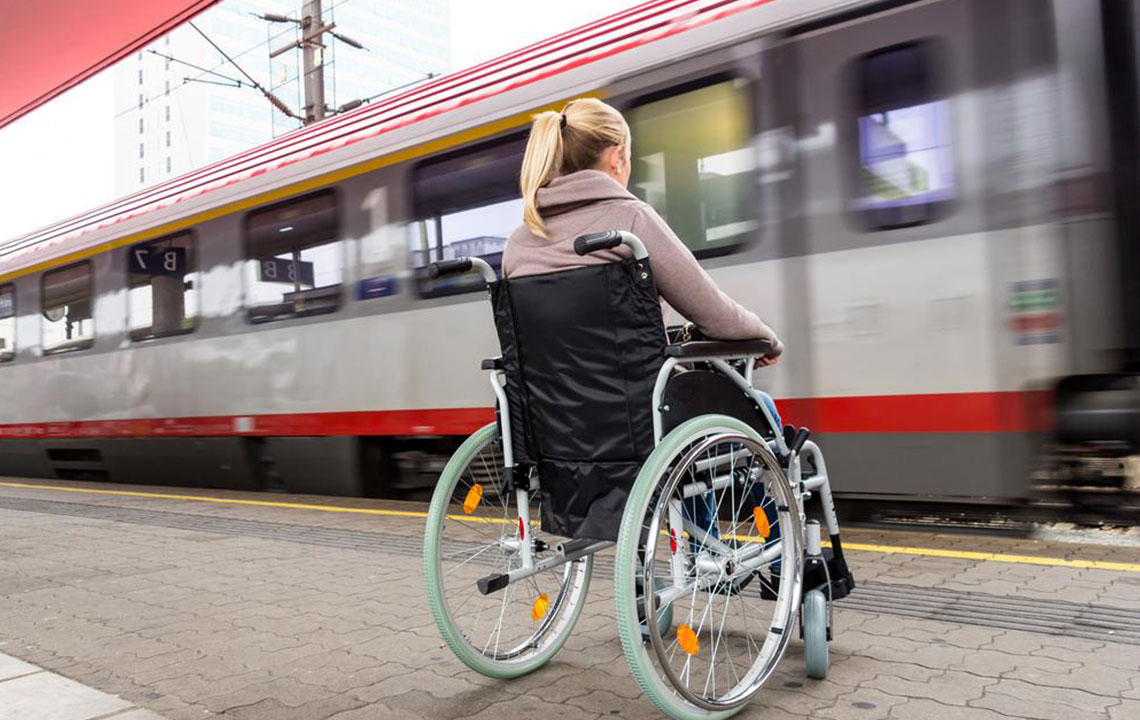
Essential Tips for Traveling with Accessibility Requirements
Traveling with special needs requires thorough preparation to ensure a comfortable and stress-free experience. Whether you rely on an electric wheelchair, have specific medical needs, or require assistance with mobility, detailed planning is essential. Doing your research about your intended destination helps in anticipating challenges and organizing necessary arrangements ahead of time. This guide provides an extensive overview of strategies and tips that will help make your travel journey more accessible, enjoyable, and safe.
Early and Detailed Planning: The foundation of successful accessible travel starts with early planning. Map out your entire itinerary well in advance, paying close attention to your mobility constraints, medication schedules, and any auxiliary devices such as mobility scooters or medical equipment. Planning ahead allows you to identify suitable transportation options, accommodations, and medical facilities, minimizing last-minute surprises that can cause stress or delays. When you determine your needs early, you can also communicate them effectively to service providers, ensuring they are prepared to serve you properly.
Utilize Specialized Travel Agencies: For travelers with specific needs, partnering with experienced travel agencies can be a game-changer. These agencies specialize in organizing accessible travel arrangements, including transportation, lodging, and medical support. They are knowledgeable about accessible transportation options such as wheelchair-accessible taxis, vans, and public transit. Additionally, some agencies offer medical assistance during travel, including the availability of nurses or medical personnel onboard. Engaging these professionals can significantly ease logistical concerns and ensure your journey adheres to your accessibility requirements.
Maintain a Contact List of Support and Service Providers: Having a dedicated list of contacts for your travel support team, including your travel agency, local healthcare providers, and emergency services, is vital. In case any unexpected issues arise, such as transportation delays or medical emergencies, quick access to contacts can facilitate prompt assistance. Keep digital and physical copies of these contacts, including phone numbers and email addresses, and share them with a trusted companion if you are traveling with someone else. Preparedness in this area is key to a smooth and safe trip.
Research Medical Facilities and Emergency Services: Before departure, familiarize yourself with the healthcare infrastructure at your destination. Identify nearby hospitals, clinics, and emergency services equipped to handle your medical needs. Knowing where to go if an emergency occurs reduces anxiety and ensures timely care. Check whether the local medical facilities are accessible and equipped to support your specific health requirements, such as oxygen supplies, special medications, or rehabilitation services.
Arrange Transportation in Advance: Securing accessible transportation ahead of time is crucial. Book wheelchair-accessible taxis, vans, or shuttle services before arriving at your destination to avoid long waits or inconvenience. If you require additional accommodations like oxygen tanks, specialized seating, or assistance with boarding, make these arrangements well in advance. Confirm all bookings, and communicate your specific needs to service providers to guarantee that suitable arrangements are in place for your comfort and safety.
Traveling with accessibility needs may take extra effort in planning, but the benefits of a well-prepared journey are invaluable. With early preparation, partnering with specialized agencies, maintaining support contacts, understanding local healthcare options, and booking transportation ahead, travelers with special needs can enjoy their trips with confidence and peace of mind. Accessibility should never be a barrier to exploring the world, and with these strategies, every traveler can navigate their adventures more easily and comfortably.
